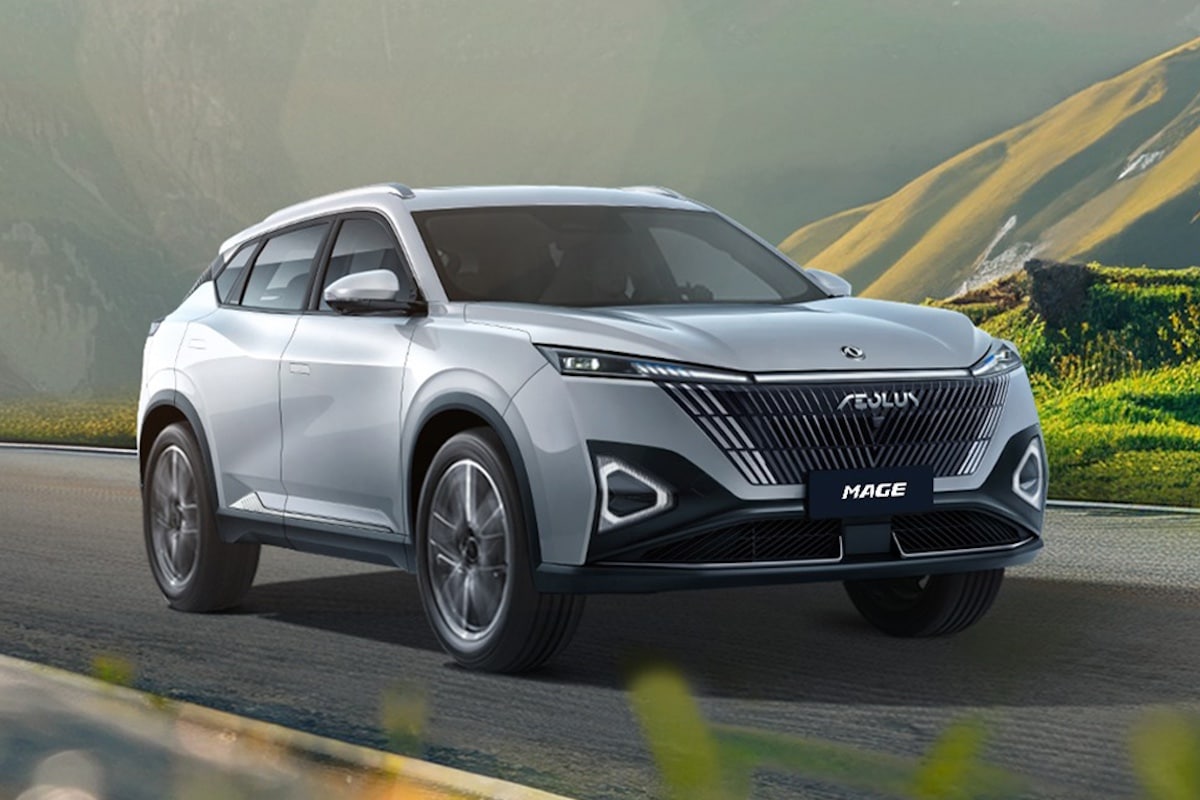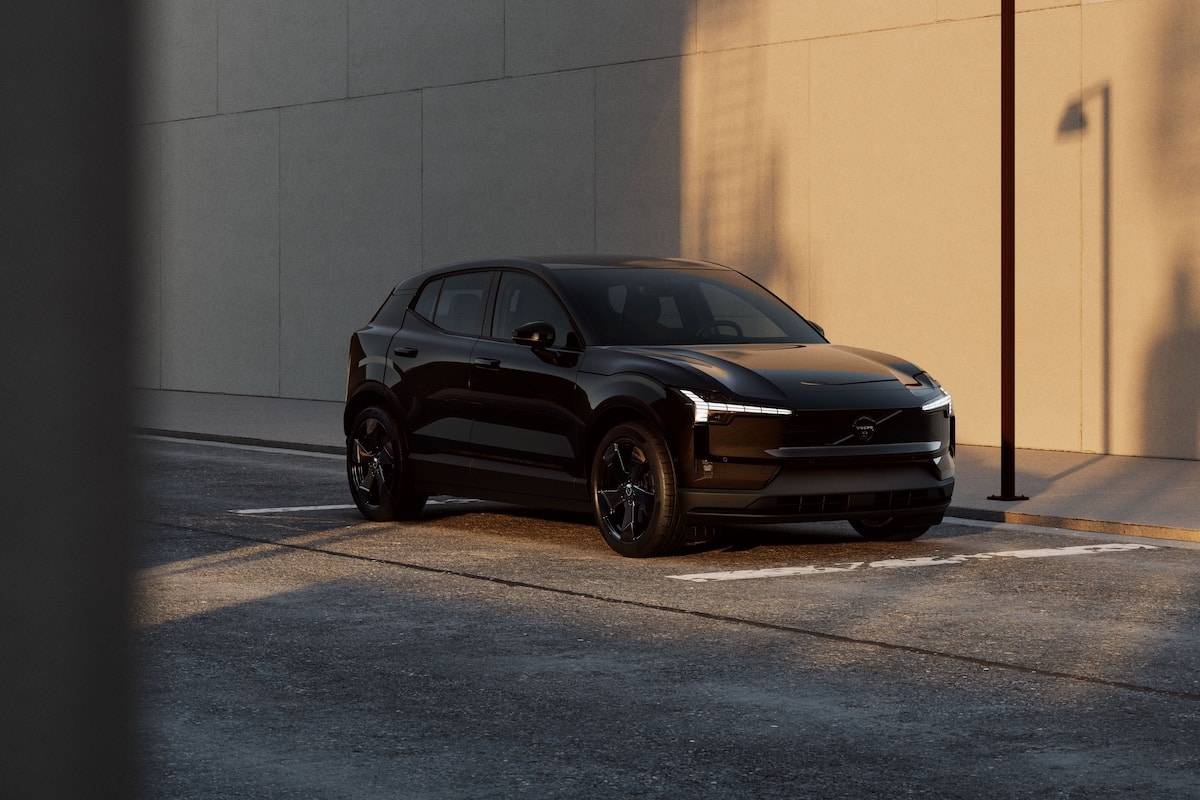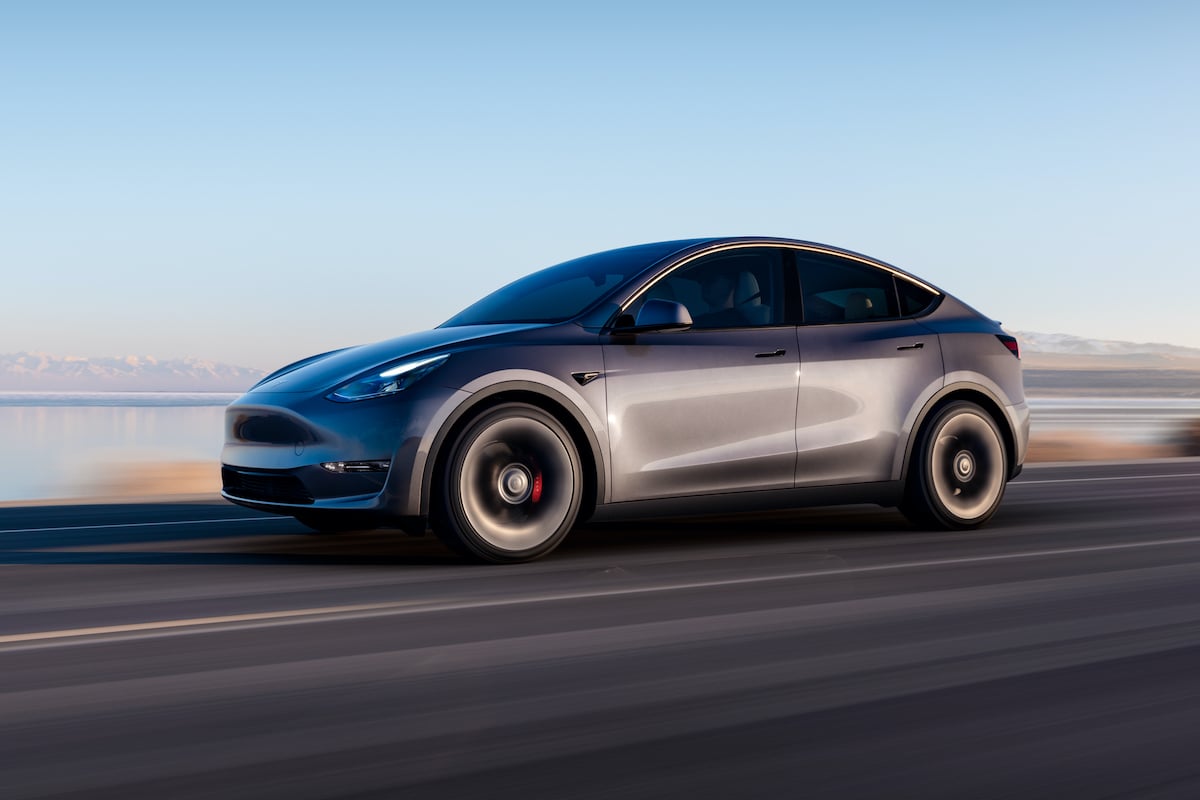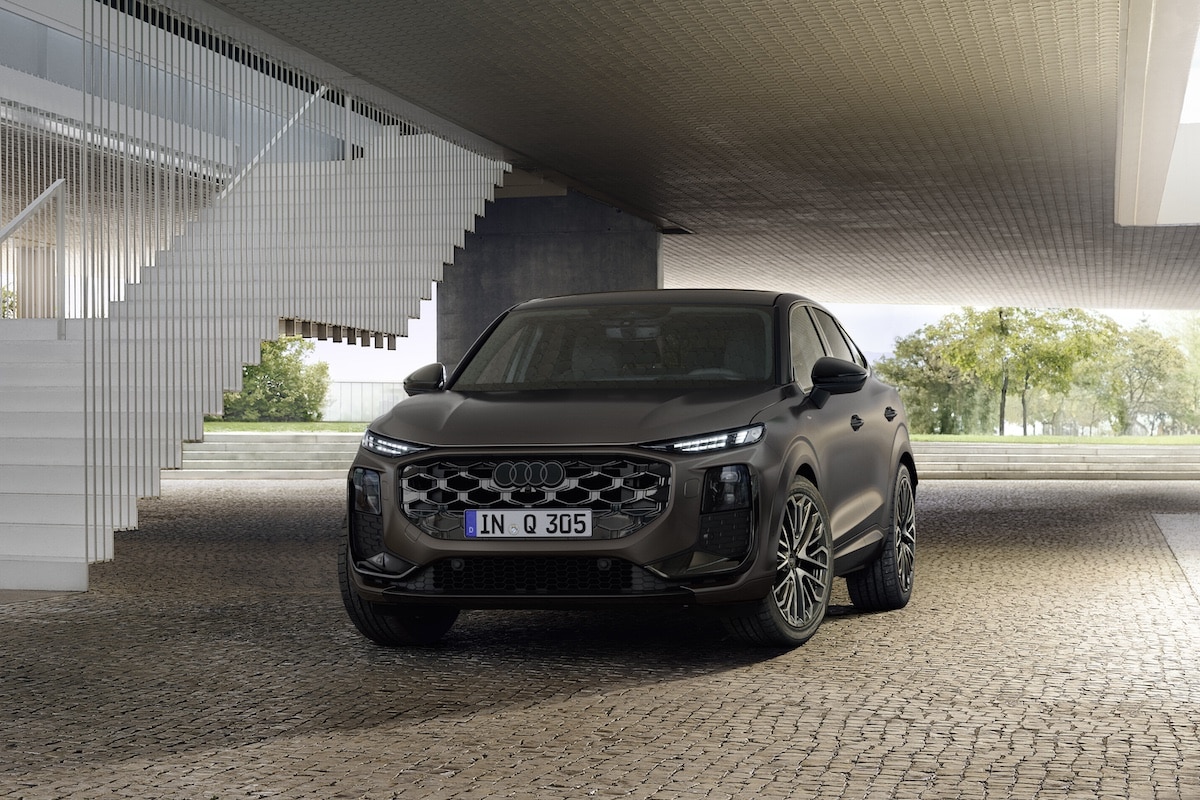The Chinese Dongfeng and the virtues of locavorism

The Chinese automotive group Dongfeng is on the verge of giving the green light to the construction of a car factory in Italy.
While Italian Fiat is relocating some productions and facing criticism from the Italian government, Chinese Dongfeng is preparing to set up shop in the boot. Is the world going crazy? A bit, that’s for sure, but we are mainly stepping fully into a locavore world. This increasingly powerful movement advocates for the consumption of goods produced within a limited radius around one’s home. Originally, this was about seasonal fruits and vegetables, but meat, dairy products, and ultimately all food items quickly joined the list. But why limit ourselves to food? Is it, for example, normal to produce a car in China and have it cross half the globe on a ship burning tons of fuel to arrive at the French dealership in Trifouillis-les-Oies? According to the European Commission, no! That’s why it recently raised import duties on “Zero Emissions” cars from China on the road, but “High Emissions” to arrive in France. The United States is doing the same, Canada will soon follow suit, and… China will certainly do the same for cars produced elsewhere in the world. Yes, the automotive world is indeed becoming locavore. Compelled, yes, but the movement is underway.
Dongfeng looks towards the world of tomorrow
Here’s why Dongfeng is considering producing 100,000 vehicles per year in Italy. A tax-exempt local production, making it competitive, and a smart investment for the future. So why doesn’t Fiat produce in Italy? The Italian manufacturer primarily relies on resources provided by the Stellantis alliance, which has specific factories for each type of model. Thus, small cars like the Fiat 500 are produced in Poland. It remains locavore as it’s located on European soil, but it annoys the associates of Giorgia Meloni… who quickly forget that Stellantis is currently the only automotive group manufacturing in Italy! Ungrateful…
The coming years will see Chinese manufacturers arriving on European soil, such as BYD in Hungary. Similarly, Europeans and Americans will have to produce in China to escape the customs wrath of Beijing. But let’s pause for two seconds to analyze the global situation. An electric vehicle manufacturer already produces its models on three continents: European, Asian, and American! In Fremont, California; in Berlin, Germany; and in Shanghai, China. Its name? Tesla, of course! A manufacturer that we love to hate but led by a visionary who understood the environmental stakes before the rest of the world. Because aside from any jokes, being locavore is not being protectionist; it is primarily an environmentally respectful act.
This page is translated from the original post "Le chinois Dongfeng et les vertus du locavorisme" in French.
We also suggestthese articles:
Also read




